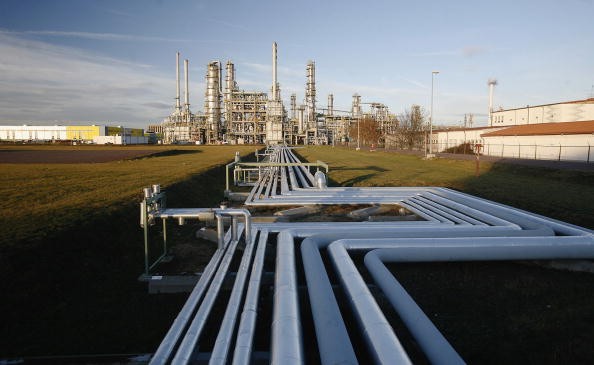According to the Energy Information Administration (EIA) of the United States, China is currently the largest consumer of U.S. oil, a report from The Daily Caller News Foundation revealed.
The administration shared that China's purchase of larger amounts of oil is because of the huge increase in U.S. crude oil exports. In February, the export statistic jumped by 35 percent from the previous month.
Since China experienced dramatic economic growth, it has also been acquiring a lot of oil. The article noted that the country's oil industry's production capabilities have long been insufficient to meet China's demand.
Nonetheless, according to Harry Kazianis, director of the Center for National Interest's defense studies, time is needed to see whether this trend of China being the largest consumer of U.S. oil could continue.
"While it might be impressive that China, at least for the moment, is the number one importer of U.S. oil, we need to wait and see if this trend continues. Geo-strategically, it makes sense for Beijing to buy up as much oil from as many different sources as possible, never being dependent on any one source," Kazianis remarked.
Back in 2013, China has already surpassed U.S. as the world's biggest net importer of petroleum.China surpassed the U.S. as the world's largest net importer of petroleum in 2013.
"The U.S. is a larger exporter of crude than many OPEC countries. That China is buying more means that the U.S. has become a larger player in the global crude export market, " John Auers, a vice president at an energy consulting company, shared.
Over the next few decades, analysts predict that China will be acquiring 70 percent of its oil from foreign sources.
Currently, 7 percent of China's oil imports come from Sudan, while around 33 percent are from sub-Saharan Africa.
"Considering the fact that China has very little oil of its own, they will likely buy from anyone, and that includes the U.S.-a competitor in the Asia-Pacific. Beijing buys oil from all over the planet, especially from African sources like Angola, which they have pumped billions of dollars into, to make sure they have strong access," Kazianis said.
However, Kazianis also remarked that "dependency would be something China would never allow."
"Over the long-term, I don't see China wanting to push imports of U.S. oil any further than they already are. Beijing would never want to be in a position that if it were to enter a crisis situation with Washington-think trade, the South China or Taiwan, that it would fear its dependence on oil could be used against them," he added.
But considering the trend, rising U.S. oil production could pave the way for heightened dependence. According to EIA forecast, oil production could reach nine million barrels a day this year.



























